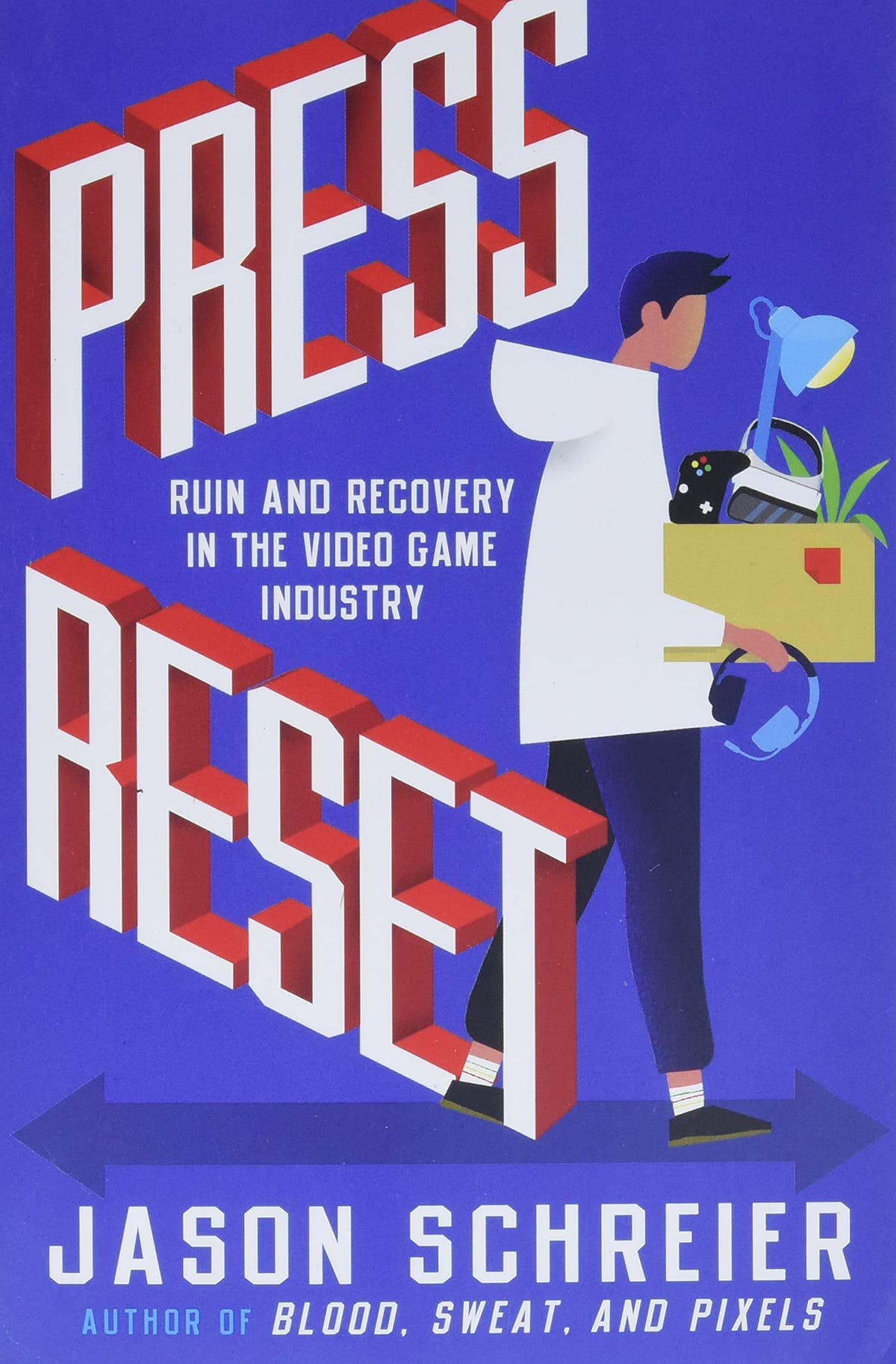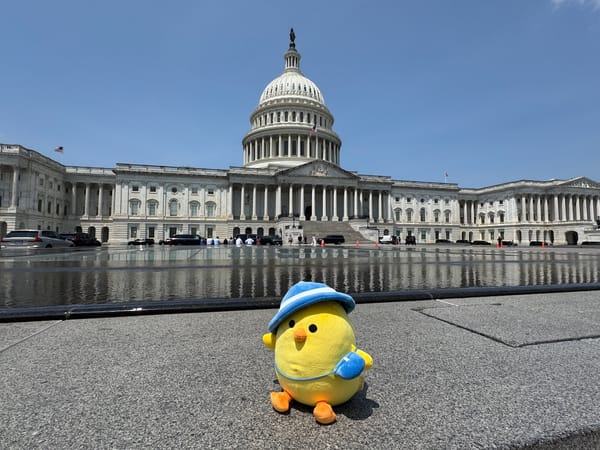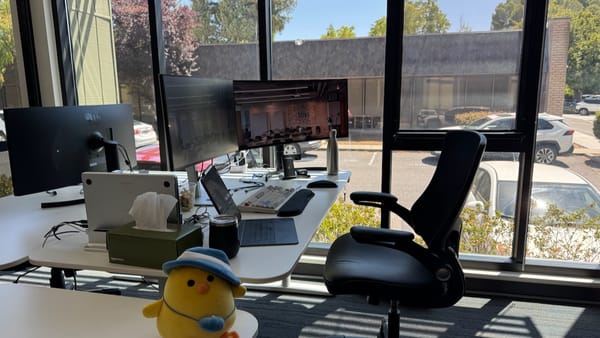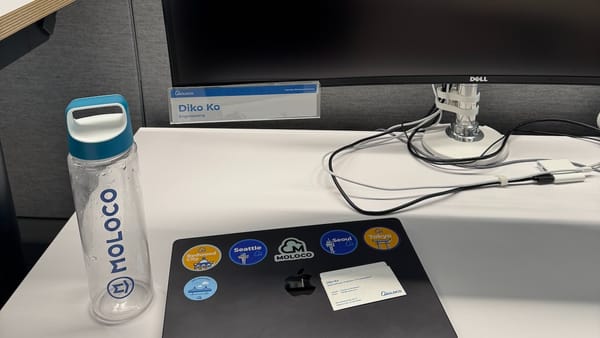Reset

During the Holiday weekend, I read "Press Reset." The author's (Jason Schreier) last book "Blood, Sweat, and Pixels" stroke and touched me deeply. I have been grateful for getting to know the story of Stardew Valley. So, it was not so extraordinary for me to pick up his new book for a holiday activity. But this time, the scenery that the book depicted was gloomy.
This book talks about the demise of great studios: such as Junction Point, Irrational Games, 2K Marin, Visceral Games, 38 Studios, Big Huge Games, Mythic Entertainment. No, it is not just about the studios. It describes how the downfall of the once-great studios impacted the people inside. I left a game studio in 2007, not only because I was sick of the lunacy of sociopathic auteurs (as in many cases in the book), but also I thought there would be no future for AAA console games (as many in this book prophesied). I ran my own mobile game studio, experienced many failures and successes, and I had to leave the industry (in 2017). After that, I was shocked when I first played "The Legend of Zelda: Breath of the Wild." It must not come from nowhere, but the story was a blip to me. This book is about the period; it reinforced my understanding of the era with a painful journey.
Games straddle the line between art and science, where technological advancements and the challenge of "finding the fun" can make it near-impossible to build accurate schedules.
Many contemporary game studios could invent the dark magic of microtransactions that dares to claim it can quantize the fun. But I believe there are still so many possibilities for finding a new way to the fun. The many possibilities lead to unpredictability, which introduces all the evil things in the game development. Once I believed we should lock down any changes to eradicate the unpredictability. But now I know it is impossible. We only can just 'control' the unpredictability.
When there are hundreds of jobs and tens of millions of dollars at stake, the people in charge tend to go with the formulas they already know.
If we're gonna minimize the unpredictability, we usually turn to a risk-averse person. But the fun does not tend to be in a second drip.
"Everyone involved in the production of this gun thought it was a bad idea, but the higher-ups made them build it anyway, Later, management shut down that gun factory for making a gun no one liked."
(The in-game description of the microtransaction gun - Enter the Gungeon)
I saw a 70-person team was falling apart when a game I produced had failed. I also almost shut down my own game studio and let all of my 20 staff go home one day (Luckily, I could get an investment). The closure-and-layoff is a simple decision in a financial equation: it couldn't be more obvious. However, watching people affected by the decision is not easy. Just thinking about it makes me suffocate. Still, I can hardly understand the one who could tell his staff how they were important and valuable just one week before the destined closure.
The author touches on a few solutions, such as confederations of small specialized teams (such as Disbelief) and unionization. I also believe that the confederation is a future, especially in the US. We couldn't make the three-shift-24hr-600-person game studio in the US as many Chinese studios nowadays. I think the future of the US AAA games would be much like the Hollywood system. I'm a little pessimistic about unionization in the game industry. But I agree that it would be meaningful if it could prevent predatory situations such as the zero-day layoff notice without severance.
In the book, I was deeply touched by the story of Zach Mumbach. He was a typical game developer wannabe and started his career as a game QA in 2001. He could be a producer with his passion, endless crunches, and hard work. Still, his studio Visceral was closed due to the demise of another project. He left the game industry and found a new stable life in an architectural firm. But, eventually, he found himself who was trying to help his ex-colleague to develop indie games, finding the creative outlet.
"'Well what does that mean? What do you want for your investment?' I said, 'I don't want anything. I just want to help you guys.'"
...
"All he wanted to do was be part of it in some way."
I could find myself in Mumbach. Though I'm delighted with my current status (a good software engineer in a fast-growing Bay Area tech company), I still find myself longing to create something someday. I know it won't be in any-near future. But I know I might be a little wiser - a little more knowledgeable to know what I have to prepare.
P.S.: I just started playing "BioShock - Remastered."



